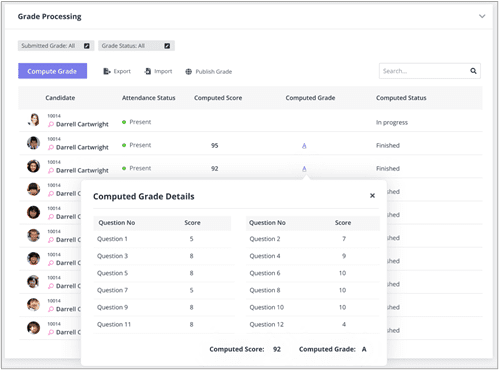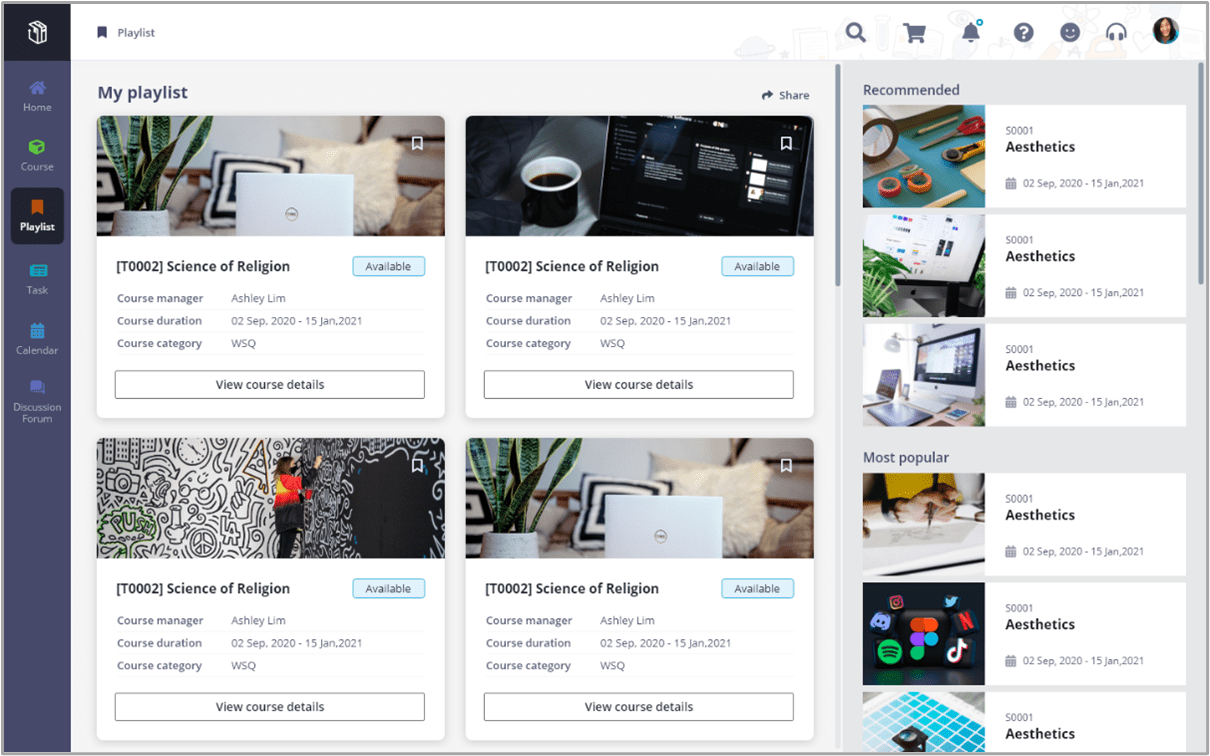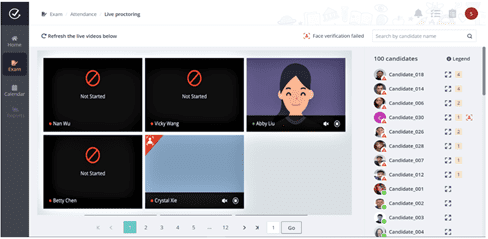We often hear of the 4th industrial revolution, the ongoing automation of traditional manufacturing and industrial practices, and beyond, using modern, smart technology. This advancement is, understandably, causing social, cultural, political, and economic upheaval, and while those present challenges, they also present opportunities. It is here that schools, colleges, and universities have a role to play – namely, the education and supply of appropriately skilled workers, especially for professional and technical roles.
To do this, educational establishments need to evolve their curricula and re-align the way in which they teach their students and prepare them for employment. This new era has been termed ‘education 4.0’ and much has been written about it already. However, the Covid-19 pandemic has accelerated digital transformation and prompted a revisiting of the principles and practices of Education 4.0. Never has this been truer than on the topic of assessment.
With the move to home working and studying during the pandemic, employers and educators had to rethink assessment. This necessarily involved the quick procurement of a mixed bag of solutions to meet the immediate needs of the learners. However, many are now taking a step back and critically reviewing those arrangements to ensure that the assessment methodologies are fit for purpose, that the pedagogy is also appropriate, and that the solutions and services previously utilised are sustainable and the right fit.
So, in thinking about the future of assessment in the context of Education 4.0, what should we be looking for? What should be the characteristics of modern assessment?

JISC helpfully published a report in February 2020 on "The Future of Assessment: five principles, five targets for 2025." So, what are the five principles which align to the five targets? And how is AvePoint supporting or responding to them? How are we supporting learner success through our SaaS learning management system Curricula, and our assessment management solution Examena, all part of EduTech?
1. Authentic Assessment
Letting the learner “express themselves in ways that feels natural to them and prepares them for what they are to do next.” This means moving beyond the traditional pen and paper tests to assessments that encourage the learner to “integrate knowledge and skills and act on knowledge,” leading to a more personal learning experience.
In addition to SCORM compliance, the EduTech platform is able to consume a range of file formats, allowing students to present videos, photos, and other materials in the support of authentic assessment. Building on a competency framework, Curricula can also suggest further learning beyond that scheduled in a learner’s pathway, encouraging self-directed learning. And all of this is undertaken using common tools like Microsoft Teams, ensuring that the learner is proficiently supported by a modern workplace toolset.

2. Accessible Assessment
Even more important now that online assessment is common, it puts more pressure on ensuring that accessibility standards are met. It also recognises that the “accessibility features built into many standard programs and applications can make it easier to support individual needs using digital technologies rather than paper-based assessment.”
Across the EduTech platform, AvePoint is committed to ensuring equality of access and experience. Allowing an iterative workload, where you can record your presentation and redo it as many times as you want until you finally submit it, allows the learner to develop the skills and confidence as well as complete the assessment. A rich variety of built-in templates supporting multiple question formats also support different styles of learning and levels of mastery. All this is based on good learning and assessment design.
3. Appropriately Automated Assessment
Addressing the designing, marking, and feeding back tasks of assessment, this strikes at the heart of the most common complaint from students, more than any other aspect of the learning experience. Technology can certainly help here by automating some aspects of the process to free up teachers for the more valuable human activities. The potential role of artificial intelligence (AI) in this space is significant.
In both Curricula and Examena, the Microsoft Azure AI platform performs automated marking and grade computation for structured assessments, thus relieving academics to concentrate on qualitative grading of unstructured assessments, like essays.

4. Continuous Assessment
Building on the changes from the 4th industrial revolution, the demand of the workplace and the speed of change is such that students need to be capable of lifelong learning. In essence, “education is about teaching people to learn.” The correct balance of assessments is critical to avoid bunching up of deadlines, but it also needs to encourage a more reflective experience and formative feedback recorded as part of the learner’s overall progress.
In Curricula, AI is used in a variety of ways to support formative, as well as summative, assessment and in the generating and marking of quiz question pairs. AI also underpins the learning analytics and can guide or recommend topics to learners as they build up their competency and skills according to their interests and career aspirations. It encourages the learner to pursue active lifelong learning in new skills that matter most for them.

5. Secure Assessment
With cheating having become an “arms race,” there is the need to ensure that the “right student is taking the right assessment and that the work they are submitting is their own and abides by the rules of the assessment.” Technology can help to secure exams, but there is also a growing need to monitor how new technology is being used to break assessment rules. At the heart of this issue is academic integrity.
In Examena, AI is used to provide live video proctoring and facial recognition for the exam candidate’s identity validation. A dashboard displays, in real time, student progress with their examination, providing the invigilator with the information needed to ensure that the assessment is fair and secure.

AvePoint and Modern Assessment
At the heart of our mission is the desire to help educational organisations leverage their investments in Microsoft 365 and add-on services like Azure AI, to create seamless, engaging learning experiences. Recognising that connected learners are engaged learners, we use AI to automate administrative tasks, remove silos, and build educational communities by augmenting live teaching, proctoring and administration with a centralised, collaborative, virtual platform. AvePoint is passionate about delivering true value in the assessment process and supporting learner success.



